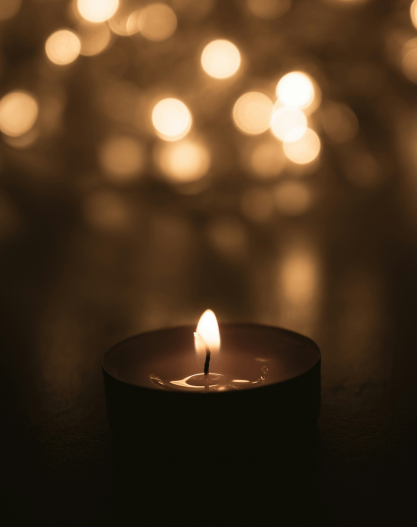When a death occurs

The days after death
When a death is reported the Coroner will first determine if a doctor can certify the cause of death.
To do this the doctor must have seen and treated the person within a month of their death. The cause of death must be known and the death must be due to natural causes.
If this is the case and no other matters require investigation, the Coroner permits the doctor to complete a Medical Certificate of Cause of Death, and the death can be registered. A death certificate can then be obtained from the Civil Registration Office.
If it this is not possible a post-mortem examination is usually needed.
For more information on when a post-mortem examination is required go to When a Post Mortem is Required.
Identification of remains
When a post mortem examination is required, the remains must be formally identified.
Where a death takes place outside of a hospital or nursing home, the Gardaí assist the coroner in arranging a formal identification of the deceased by a family member or relative. The fact that the Gardaí are involved does not mean that the death is suspicious.
If a family member is present where the death took place, for example, in the family home, a formal identification with the attending Garda can take place there. If not, arrangements are made for the identification to take place at a mortuary.
Identifying the body of the deceased person by the next of kin is an important and required part of the Coroner’s investigation. However, this can be distressing and, if appropriate, arrangements can be made for someone else to do this for you


Return of remains from mortuary
Funeral arrangements should not be made until the mortuary informs your funeral director that the post mortem examination is concluded and the remains may be returned to the family.
The Coroner makes every effort to return the body of the deceased for burial without any undue delay. The return of remains may be delayed by a number of days in cases where a post-mortem examination is required. The return of remains may be further delayed where the identity of deceased is still to be established, or where there is a criminal investigation.
You should keep in contact with your chosen Funeral Director for updates. If the remains are in a mortuary or have been brought to the mortuary, the mortuary will, with the Coroner’s agreement, contact your funeral director to arrange for collection of the remains.

